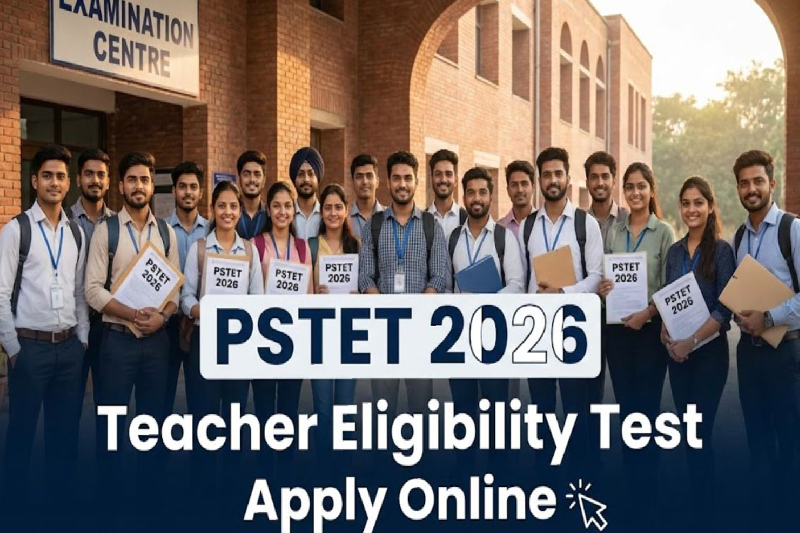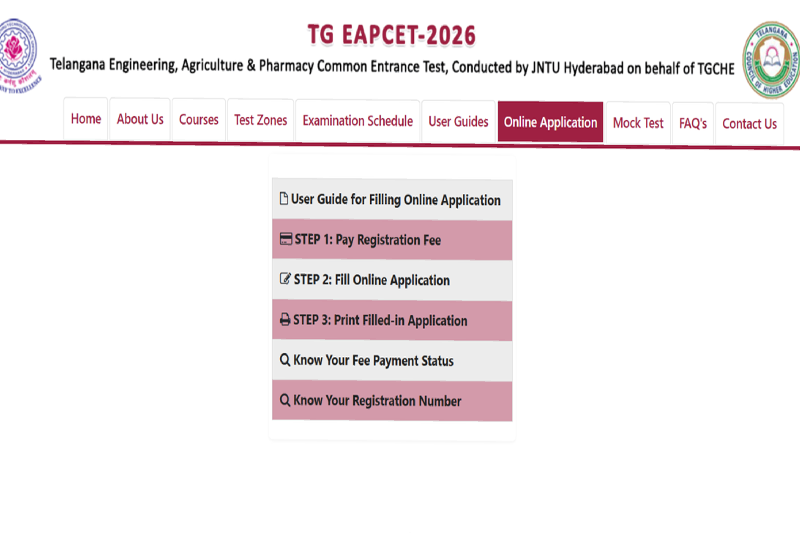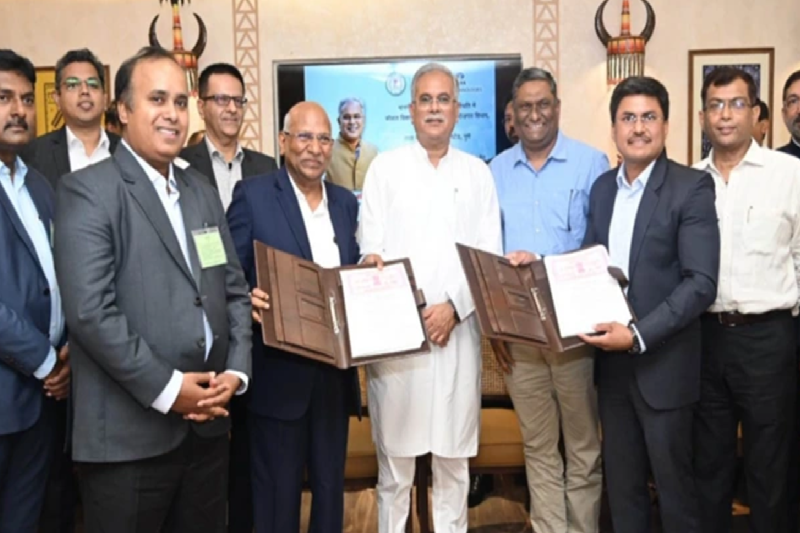
Transforming Technical Training: Govt Launches ₹60,000 Cr ITI Reform; 5 NSTIs to Become Centres of Excellence
In a bold step toward reshaping India’s vocational education landscape, the Ministry of Skill Development and Entrepreneurship (MSDE) has announced a ₹60,000 crore reform initiative to upgrade Industrial Training Institutes (ITIs) nationwide. At the heart of this reform are five National Skill Training Institutes (NSTIs) that are set to be transformed into National Centres of Excellence (NCoEs) under the National Scheme for ITI Upgradation, approved by the Union Cabinet on May 7, 2025.
Skill Milan: A Visionary Dialogue on Future-Ready Training
The announcement came during Skill Milan, a strategic meeting led by Jayant Chaudhary, Minister of State (Independent Charge) for Skill Development and Entrepreneurship. Held in Mumbai, the event brought together directors of the five NSTIs chosen for elevation—Bhubaneshwar, Chennai, Hyderabad, Kanpur, and Ludhiana—to align their institutional roadmaps with national priorities in skill development.
Minister Chaudhary called the initiative a “once-in-a-lifetime opportunity” to overhaul the nation’s technical training ecosystem. “These NSTIs will set the pace for skill development in India. We must go beyond infrastructure to build institutions of excellence that embody innovation, employability, and global competitiveness,” he said.
Aims of the ₹60,000 Crore ITI Reform
The reform is more than a funding infusion—it’s a strategic transformation. The five chosen NSTIs will evolve into National Centres of Excellence, tasked with addressing sector-specific demands and raising the standard of instructor training nationwide. The scheme focuses on:
- Upgrading infrastructure and training capacity
- Standardising instructor training modules
- Embedding work-based learning methodologies
- Fostering industry collaboration and innovation
- Supporting flexible academic progression through the National Credit Framework
These centres will be critical in developing a skilled, future-ready workforce aligned with India's economic aspirations and global standards.
Industry-Driven Curriculum and Emerging Skill Sectors
A key directive from Skill Milan was the industry alignment of training curricula, ensuring that vocational education meets real-time sector needs. The upgraded NSTIs will focus on both traditional sectors and emerging industries, including:
- Automotive and Advanced Manufacturing
- Textiles and Apparel
- Artificial Intelligence and Machine Learning
- Electric Vehicles (EV)
- Smart Automation and Robotics
The transformation will include establishing Industrial Collaboration Centres within each NCoE, which will directly interface with local industries to ensure the relevance, agility, and employability of training modules.
Plans from the Five NSTIs: Focused and Localised
Directors from NSTI Bhubaneshwar, Chennai, Hyderabad, Kanpur, and Ludhiana presented their transformation blueprints during the session. Each outlined plan is tailored to their region’s economic profile:
- NSTI Bhubaneshwar aims to strengthen training in manufacturing and design technologies.
- NSTI Chennai will focus on textiles, automation, and EV tech, which will sync with Tamil Nadu’s industrial base.
- NSTI Hyderabad plans to partner with IT and AI-based companies for curriculum development.
- NSTI Kanpur highlighted opportunities in leather, textile, and tool manufacturing.
- NSTI Ludhiana targets the advanced machinery, textile, and precision engineering sectors.
All five institutions emphasised the importance of residential facilities, stating that hostels and faculty quarters will be essential to attract top instructors and students nationwide.
Autonomy and Governance: Building True Centres of Excellence
The restructured NSTIs will be granted academic, administrative, and financial independence under an improved governance framework to ensure institutional autonomy and drive innovation. These centres will act as:
- Anchors for the broader ITI network, offering curriculum support and instructor development
- Hubs of innovation, encouraging research, entrepreneurship, and lifelong learning.
- Pilots for modular learning pathways, enabling students to progress from certification to advanced diplomas via flexible entry-exit options.
The reforms will be implemented in close coordination with State Governments to ensure the new model's regional relevance and scalability.
A New National Model: Excellence in Vocational Education
This initiative represents a paradigm shift in India’s approach to skill development. The government aims to replace outdated, theory-heavy models with hands-on, industry-integrated training by building globally benchmarked Centers of Excellence. The move is expected to improve the overall employability of youth and address the skilled workforce gap across high-demand sectors.
The Ministry reiterated its commitment to Viksit Bharat@2047, stating that vocational education reform is one of the foundational pillars to achieving this long-term national vision.
Conclusion: Toward a Future-Ready Workforce
The ₹60,000 crore ITI reform marks a turning point for India’s skill development journey. By transforming five key NSTIs into Centres of Excellence, the government is laying the foundation for scalable, standardised, and industry-driven technical education.
As Minister Jayant Chaudhary aptly stated, the success of this initiative depends not just on funding or infrastructure, but on vision, leadership, and deep industry collaboration. If executed effectively, the initiative could make Indian vocational training a global benchmark for innovation, employability, and competitiveness.



